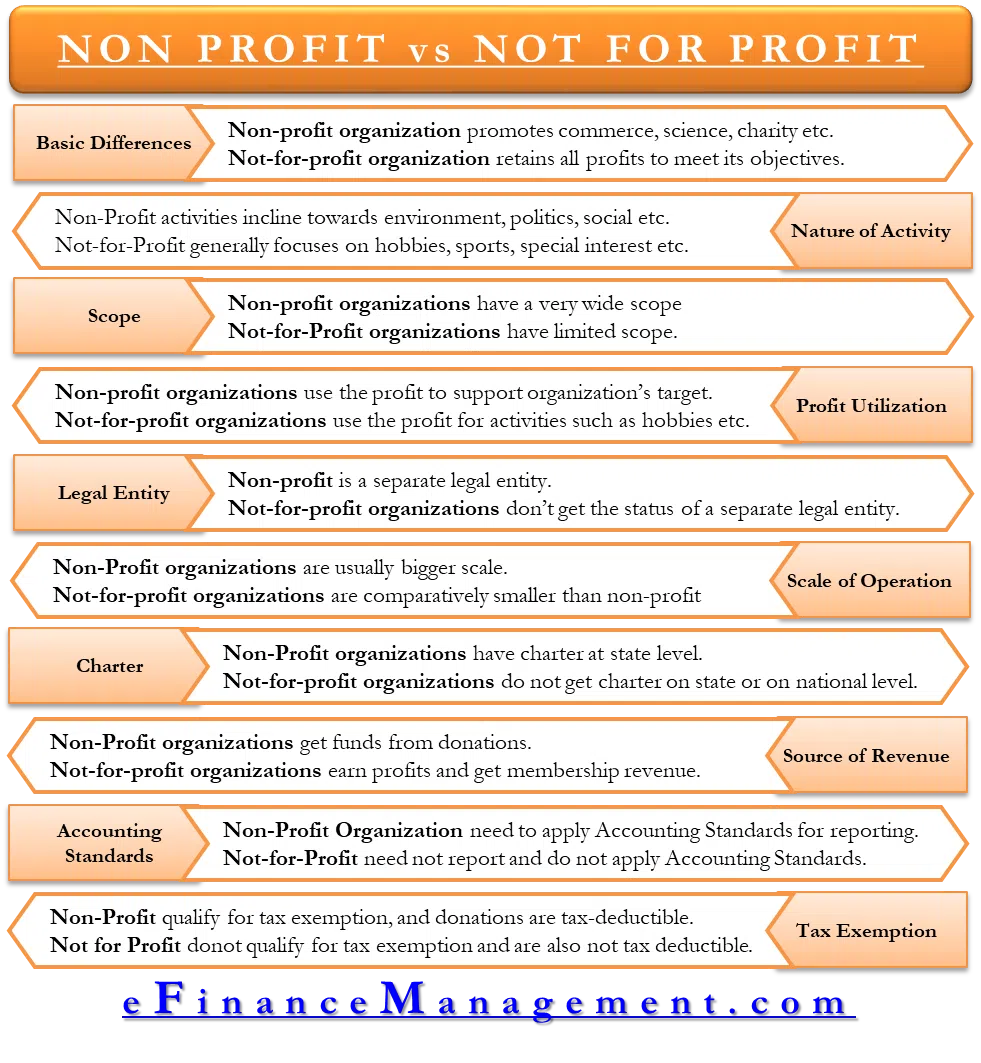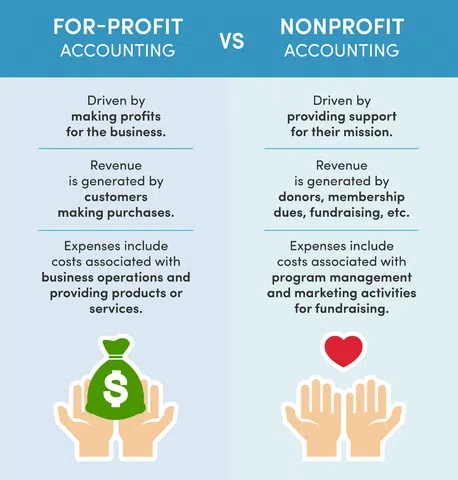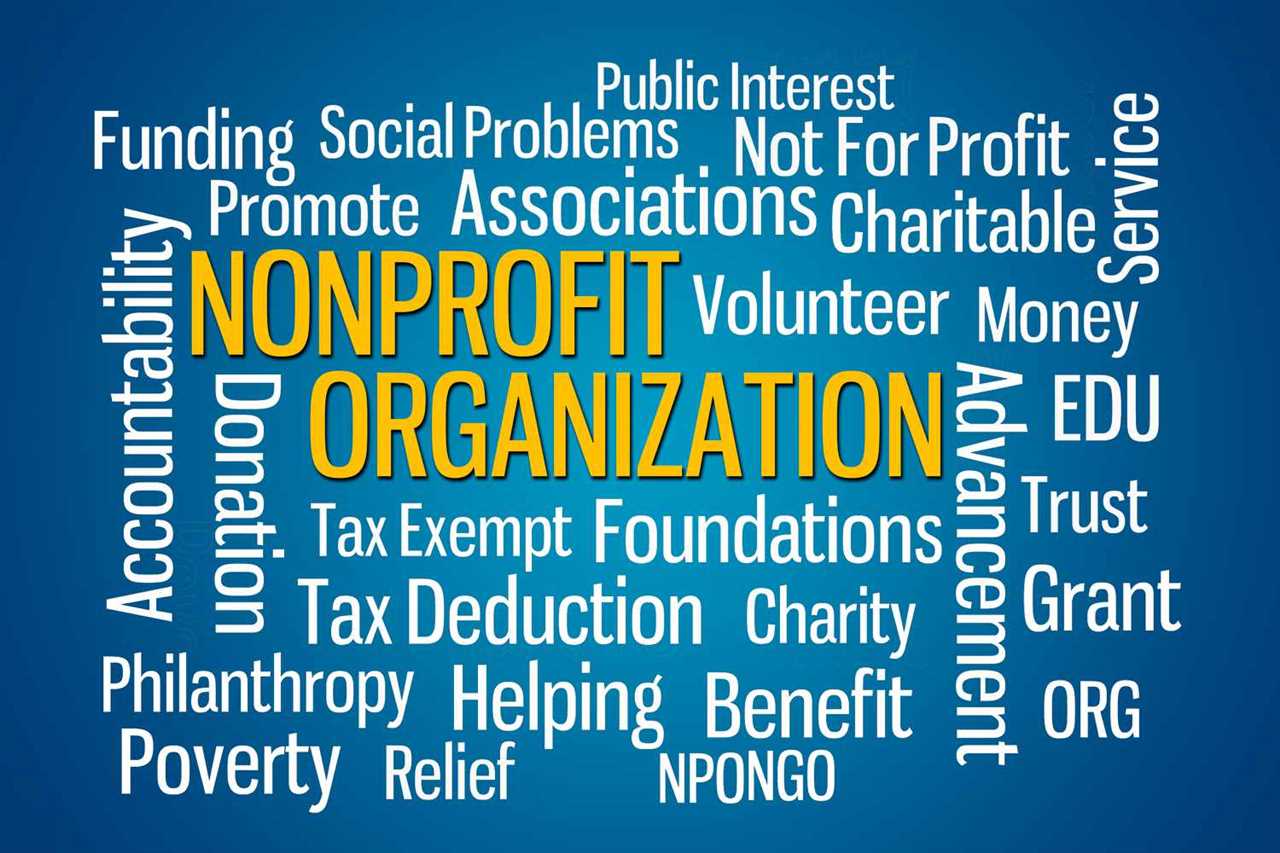What is a Nonprofit Organization?
Unlike for-profit businesses, nonprofit organizations do not have owners or shareholders who receive profits from the organization’s activities. Instead, any funds generated by a nonprofit organization are used to further its mission and support its programs and services.
Nonprofit organizations can take many forms, including charities, foundations, educational institutions, religious organizations, and social welfare organizations. They rely on a combination of funding sources, such as grants, donations, and fundraising events, to support their operations.
One key characteristic of nonprofit organizations is that they are governed by a board of directors or trustees who are responsible for overseeing the organization’s activities and ensuring that it operates in accordance with its mission and legal requirements.
Nonprofit organizations play a vital role in society by addressing important social issues, providing essential services, and advocating for positive change. They often rely on volunteers to help carry out their work and engage with the communities they serve.
Definition and Examples

Nonprofit organizations can be found in various sectors, including education, healthcare, social services, environmental conservation, arts and culture, and more. They are typically established to address a specific social or community need and rely on donations, grants, and fundraising efforts to support their operations.
One example of a nonprofit organization is the Red Cross, which provides emergency assistance, disaster relief, and support to individuals and communities in need. Another example is the World Wildlife Fund (WWF), an organization dedicated to the conservation of nature and the protection of endangered species.
Nonprofit organizations are governed by a board of directors or trustees who are responsible for overseeing the organization’s activities and ensuring that it operates in accordance with its mission and legal requirements. They are also subject to regulations and reporting requirements set by the government or relevant authorities.
Overall, nonprofit organizations play a crucial role in society by addressing social issues, advocating for change, and providing essential services to those in need. Their impact and effectiveness rely heavily on the support and involvement of individuals, businesses, and communities.
Charitable Donations: Making a Difference through Nonprofit Organizations

What are Nonprofit Organizations?

Nonprofit organizations can take various forms, including charities, foundations, and social welfare organizations. They rely on the support of individuals, corporations, and government grants to fund their operations and carry out their missions.
Examples of Nonprofit Organizations
There are countless nonprofit organizations around the world that are making a difference in various fields. Some examples include:
- Red Cross: The Red Cross provides humanitarian aid, disaster relief, and support to those in need during emergencies.
- UNICEF: UNICEF works to protect the rights and well-being of children worldwide, providing them with access to healthcare, education, and protection from violence.
- World Wildlife Fund (WWF): The WWF is dedicated to conserving nature and reducing the most pressing threats to the diversity of life on Earth.
- Habitat for Humanity: Habitat for Humanity builds and repairs homes for families in need, aiming to create a world where everyone has a decent place to live.
These are just a few examples, and there are countless other nonprofit organizations that focus on different causes, such as education, healthcare, environmental conservation, and poverty alleviation.
By donating to these organizations, individuals and businesses can contribute to positive change and help improve the lives of others. Charitable donations provide the necessary resources for nonprofit organizations to carry out their missions and create a better world for all.
So, whether you choose to support a local charity or a global organization, your charitable donations can make a significant impact and bring about positive change in the world.

Emily Bibb simplifies finance through bestselling books and articles, bridging complex concepts for everyday understanding. Engaging audiences via social media, she shares insights for financial success. Active in seminars and philanthropy, Bibb aims to create a more financially informed society, driven by her passion for empowering others.
